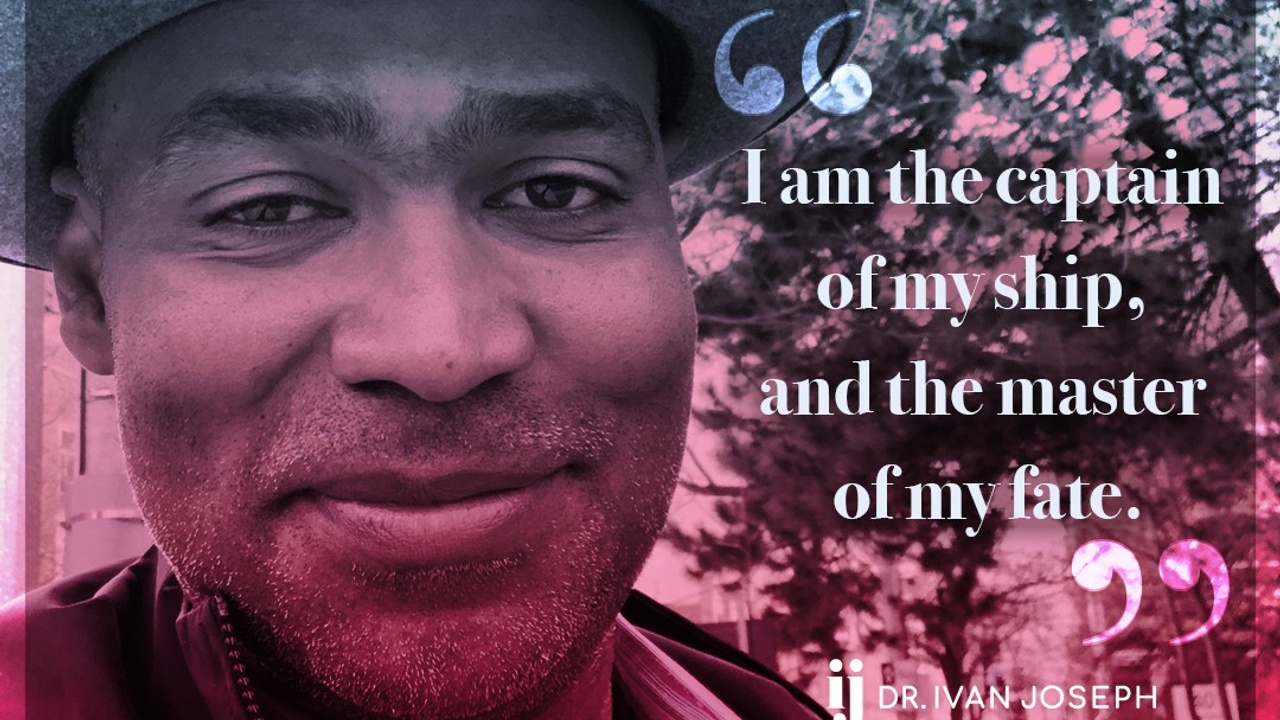Affirmations: Science, yes. Magic, no.
Apr 20, 2021
Simple affirmative phrases can change the negative thoughts that undermine your confidence. I have about 10 affirmations that I’ve developed over the years. I keep them on a written list posted at home and use them whenever I face something new. I quietly say to myself, out loud, phrases such as “You got this, Ivan”; “Nobody outworks me”; “I choose to be happy.” And my favorite: “I am the captain of my ship, and the master of my fate.”
These statements help me reclaim my personal power so that I don’t walk into a situation and allow someone else to determine how I feel or perform. They are also expressions of my belief in myself that calm me and help me channel my energy and anxiousness into my performance—just like elite athletes under immense pressure in the final play before time runs out.
Affirmations are more than a warm and fuzzy technique used by coaches (a lot of whom are not so warm and fuzzy!).
Affirmations are a proven method of shaping and controlling our thoughts. Researchers at Carnegie Mellon University found that affirmations combat stress and can lead to positive effects on performance. The study showed that self-affirmation boosts the ability to solve problems under pressure and reduces the negative effects of chronic stress.
Another study published by the Association for Psychological Science indicates that self-affirmation enhances our performance by making us more aware of our errors and more emotionally comfortable with accepting and correcting them. That’s an interesting finding: Affirmations don’t give us that false confidence where we deny we make mistakes at all and pass ourselves off as awesome or perfect. Instead, they make us strong enough to say, “Okay, I got that wrong, and now I’m going to fix it.” That kind of thinking improves our performance.
A Stanford University study revealed that affirmations enhance our belief in our personal power and make us less susceptible to threats from outside us. The research also confirmed that affirmations can improve education, health and relationships. All told, these are some impressive outcomes of the ability to shape our own thoughts.
An effective affirmation reminds you of your values and beliefs—of who you are. That is why I say, “You got this, Ivan.” I am reminding myself of my belief that I can succeed even when nothing is handed to me. It’s shorthand for: “Ivan, you have what it takes to do this because you have done it before and you are the kind of person who will make it through the storm.” Your affirmations are brief versions of deep beliefs about yourself.
For example, Muhammad Ali’s famous statement “I am the greatest” is shorthand for his belief in hard work and toughing it out against the odds.
He has also put it this way: “Impossible is just a big word thrown around by small men who find it easier to live in the world they’ve been given than to explore the power they have to change it. Impossible is not a fact. It’s an opinion. Impossible is not a declaration. It’s a dare. Impossible is potential. Impossible is temporary. Impossible is nothing.”
Develop affirmations for yourself. Focus on creating phrases that emphasize your best beliefs about yourself or your cherished values. These will remind you of what makes you unique, strong and capable. Use phrases like “I will never quit” or “I am strong” or “I have done it before and I will do it again,” if those tap into your beliefs. And use them every day, especially in the morning and right before any task that makes you anxious or anticipate the worst. Just remember, it’s not a magic button. You can’t just start affirming yourself and hope that negative thoughts or stress will disappear. You have to repeat, repeat, repeat and ensure that the phrases are your actual beliefs and values, not things you wish you cared about. Repeat until you are so practiced at genuinely (not just wishfully) replacing fear and worry with belief in yourself that you don’t even notice you are doing it. If you practice deliberately and often, you can rewire your brain until you think and feel different, simply because you made yourself do it.
#YouGotThis


